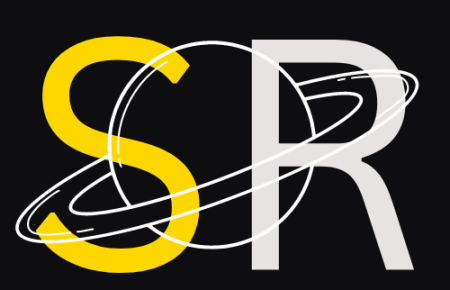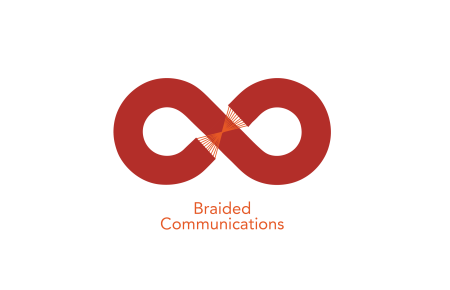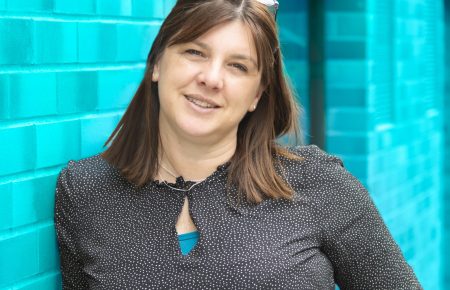Introduction
In recent years, streaming giants like Netflix and Disney Plus have taken significant strides in representing neurodivergent characters on screen. This progress is a vital step toward inclusivity and understanding, showcasing characters with ADHD, Autism, and Dyslexia. Popular shows such as “The Good Doctor,” “Will Trent,” and “Atypical” are at the forefront of this movement, providing viewers with diverse perspectives and stories. However, while this representation is a positive development, it is crucial to examine how these portrayals handle stereotypes and to emphasize the individuality of each person. Let’s explore the impact of these series and the importance of accurate representation.
Highlighting Neurodivergent Characters
The Good Doctor
“The Good Doctor” features Dr. Shaun Murphy, a young surgeon with autism and savant syndrome. The show has been praised for bringing autism into the mainstream conversation and highlighting the unique challenges and strengths of neurodivergent individuals. Dr. Murphy’s character demonstrates exceptional medical skills and a profound ability to understand and solve complex medical cases. However, the show also delves into his social struggles and the biases he faces in the medical field.
Will Trent
“Will Trent,” based on Karin Slaughter’s book series, introduces us to a brilliant detective with dyslexia. The character of Will Trent navigates the complexities of solving crimes while managing the challenges associated with dyslexia. This portrayal sheds light on how neurodivergent individuals can excel in their professions despite the obstacles they encounter. It emphasizes the importance of understanding and accommodating diverse cognitive abilities in various fields.
Atypical
“Atypical” centers around Sam Gardner, a teenager with autism, as he navigates the ups and downs of adolescence and young adulthood. The series explores his relationships, his quest for independence, and his pursuit of love and a career. “Atypical” is celebrated for its authentic portrayal of autism and its focus on the experiences of neurodivergent individuals and their families. The show balances humor and heart, offering viewers a heartfelt glimpse into the life of someone on the autism spectrum.
The Importance of Accurate Representation
While the inclusion of neurodivergent characters in mainstream media is a positive step forward, it is essential to ensure that these portrayals do not fall into the trap of reinforcing stereotypes. Each neurodivergent individual is unique, and their experiences and abilities can vary widely. The saying “if you’ve met one person with autism, you’ve met one person with autism” underscores the individuality within the neurodivergent community.
Accurate representation involves showcasing the diverse range of experiences and perspectives of neurodivergent individuals. It means avoiding oversimplified or sensationalized portrayals and, instead, presenting characters as multidimensional human beings with their strengths and challenges. This approach helps to foster a more inclusive and understanding society, where neurodiversity is celebrated rather than stigmatized.
Critical Examination and Celebration
As viewers, it is our responsibility to critically examine the media we consume. While we applaud the progress made in representing neurodivergent characters, we must also be vigilant about how these portrayals are crafted. Are the characters given depth and complexity? Do they avoid perpetuating harmful stereotypes? Are their stories told with empathy and accuracy?
By promoting accurate and nuanced representation, we can challenge misconceptions and contribute to a broader understanding of neurodiversity. Let’s celebrate the strides made by shows like “The Good Doctor,” “Will Trent,” and “Atypical,” while continuing to advocate for even more inclusive and authentic storytelling.
Conclusion
The inclusion of neurodivergent characters in popular series on platforms like Netflix and Disney Plus marks a significant step toward greater representation and understanding. Shows such as “The Good Doctor,” “Will Trent,” and “Atypical” are leading the way in showcasing diverse perspectives and experiences. However, it is crucial to approach these portrayals with a critical eye, ensuring that they accurately reflect the individuality and complexity of neurodivergent individuals. By celebrating diversity and promoting accurate representation, we can contribute to a more inclusive and empathetic society.




